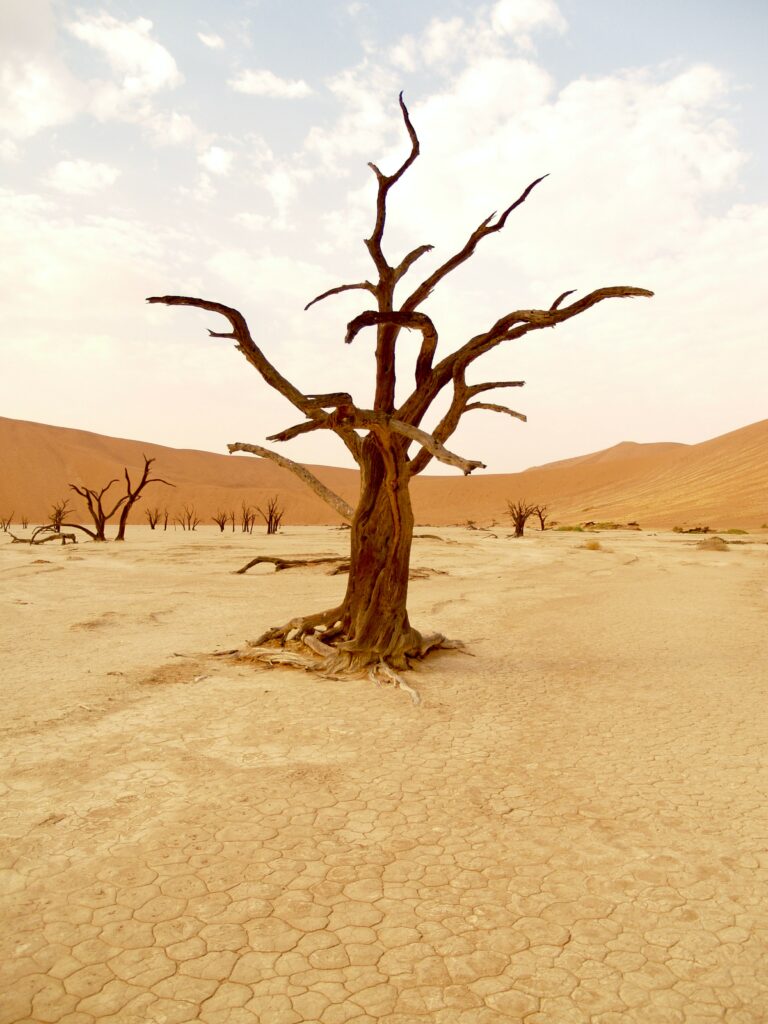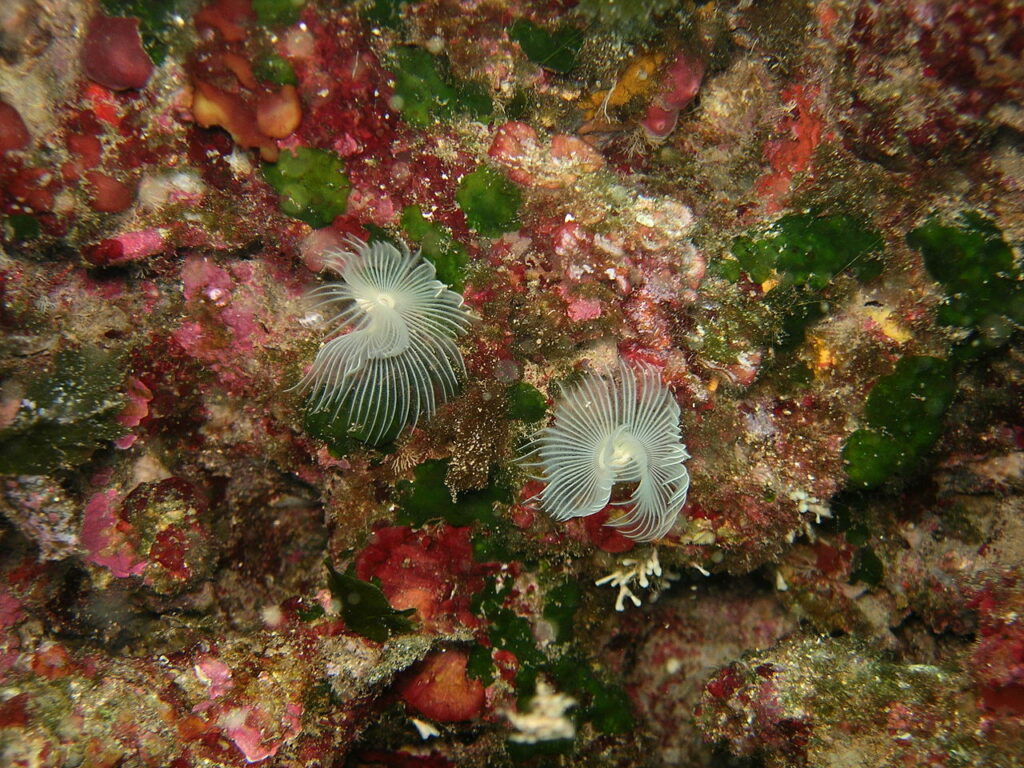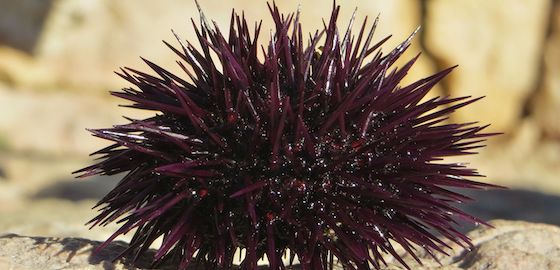Home » Scientific news » Page 23
Scientific news
The scientific knowledge on climate and environmental change in the Mediterranean evolves rapidly. In this section we collect and present the recently published scientific articles, reports, books, policy papers and other contents on these issues. Do not hesitate to contact us and share with us the publications of an interest to the community.

Summary of content This open access book identifies and discusses biodiversity’s contribution to physical, mental and spiritual health and wellbeing. Furthermore, the book identifies the implications of this relationship for nature conservation, public health, landscape architecture and urban planning –…...
Goncalves, J., Deschamps, P., Hamelin, B., Vallet-Coulomb, C., Petersen, J., et al. (2020) Revisiting recharge and sustainability of the North-Western Sahara aquifers. Regional Environmental Change, Springer Verlag, In press, 20 (47), doi.org/10.1007/s10113-020-01627-4 Abstract In recent years, geochemical and geophysical studies have…...

The telltale physical signs of climate change such as increasing land and ocean heat, accelerating sea level rise and melting ice are highlighted in a new report compiled by the World Meteorological Organization and an extensive network of partners. It…...

Peleg, O., Guy‐Haim, T., Yeruham, E., Silverman, J., & Rilov, G. (2020) Tropicalisation may invert trophic state and carbon budget of shallow temperate rocky reefs. Journal of Ecology, 108(3), 844-854; https://doi.org/10.1111/1365-2745.13329 Abstract Global warming mediates and maintains the tropicalization of temperate…...

Yeruham, E., Shpigel, M., Abelson, A., & Rilov, G. (2020). Ocean warming and tropical invaders erode the performance of a key herbivore. Ecology, 101(2), e02925 Abstract Climate change and bioinvasions are two facets of global change that can act in tandem…...

Significance One of the most impactful aspects of climate change is the potential change in water availability. Large populations live in Mediterranean-like regions—so-called because they receive most of their precipitation in winter and experience dry, hot summers—which are highly vulnerable…...

